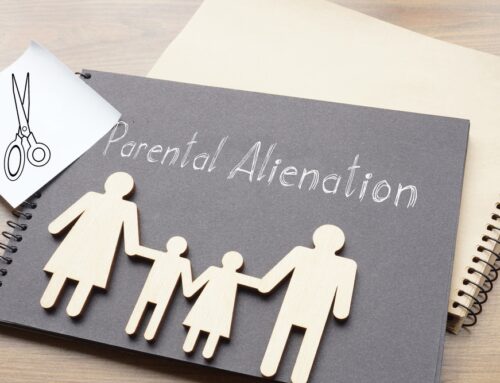Adoption can be a wonderful way to start or expand a family. Many couples in the UK choose to adopt for various reasons.
However, when couples who have adopted a child decide to get a divorce, disputes can arise over the future of the child. In the UK, there are several factors that can complicate the divorce process when children are involved, especially when the children are adopted.
Custody of an adopted child
One of the biggest issues that can arise in determining who will have custody of the child. In an adoption, both parents become the legal parents of the child, meaning they have equal rights to make decisions for the child’s upbringing. However, in a divorce, these rights can become contested. The court’s priority is always the welfare of the child, so they will consider a number of factors when making a decision.
What a court will consider:
- The child’s age
- The child’s relationship with each parent
- The child’s emotional needs
- The child’s physical needs
- The ability of each parent to meet the child’s needs
- Whether the child has any special needs
- Any education factors which affect the child
- Any religious factors which affect the child
- Any cultural factors which affect the child
If the child is old enough, the court may also take their wishes into account.
Often, the court will award custody to one parent and grant visitation rights to the other. This can be a difficult decision for the court to make, as they will want to ensure that both parents have a meaningful relationship with the child. It is also possible for the court to order shared custody, where the child spends equal time with both parents.
The role of the birth parents
Another potential issue in a divorce involving an adopted child is the role of the birth parents. In some cases, birth parents may still have legal rights to the child, even if they have been adopted. This can complicate the divorce process, as the birth parents may seek to become involved in the child’s life.
The court will consider the wishes of the birth parents, but their rights are generally secondary to those of the adoptive parents. If the court determines that involvement from the birth parents would be detrimental to the child’s welfare, they may choose to limit or terminate the birth parent’s rights. However, if the birth parents can demonstrate that they have a meaningful and positive relationship with the child, the court may allow them to continue to be involved in the child’s life.
Financial Considerations
Financial issues can also arise in a divorce involving an adopted child. If one parent was the primary earner and the other was the primary caregiver, the court may order the higher-earning parent to pay child support to the other. However, if the adopted child has special needs, the cost of caring for them can be much higher than for a non-adopted child. In these cases, the court may order additional financial support from both parents.
Future planning with a prenup
It’s important for couples who have adopted a child to be prepared for the possibility of a divorce. Ideally, they should have a plan in place for how they will handle custody and financial issues if their relationship ends. Although this is something that no one actively wills, when an adopted child is involved, it can prove very beneficial. This can help to avoid lengthy and costly legal battles, and can also ensure that the child’s needs are prioritized.
Couples can consider creating a prenuptial or postnuptial agreement that includes provisions for the care and custody of the child in case of divorce. They can also work with a mediator or family law attorney to create a parenting plan that outlines each parent’s responsibilities and the child’s living arrangements.
Contact us
Divorce can be a difficult and emotional process, especially when children are involved. When the child is adopted, there may be additional legal and emotional factors to consider. However, with careful planning and communication, couples can work to minimise the impact of their divorce on their child and ensure that their child’s welfare remains the top priority.
Get in touch with the Beeston Shenton family department. Call us on 01782 662424 or email us at info@beestonshenton.co.uk




